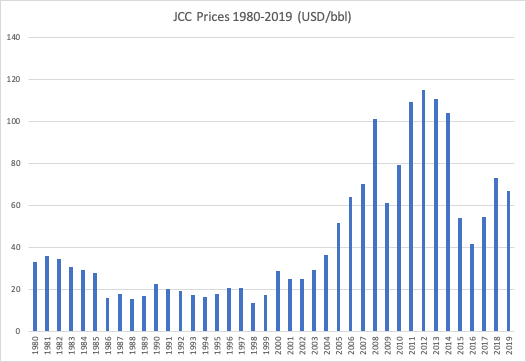China Approves Rare Earth Export Permits Amid US Trade Negotiations

In a significant development following recent trade talks between the United States and China, the Chinese government has granted export permits for a limited quantity of rare earth elements. This announcement was made by He Yadong, spokesperson for the Chinese Ministry of Commerce, on June 12, 2025, and it comes in the wake of high-level negotiations aimed at alleviating trade tensions between the two nations. While this move provides some relief to U.S. companies reliant on these critical minerals, uncertainties about future supply persist.
The Chinese government's decision follows a series of stringent export controls imposed earlier this year, which included permitting requirements on seven heavy rare earth elements critical for various high-tech applications, including electric vehicles, robotics, and military technology. According to the ministry, these controls are designed to safeguard national security and fulfill global non-proliferation obligations. Despite the name 'rare earths,' these elements are not particularly rare in the Earth's crust, but they are challenging to extract in economically viable quantities.
China has dominated the rare earth processing industry, supplying approximately 90% of the global market. This dominance has left many U.S. manufacturers vulnerable to supply disruptions, particularly after China’s implementation of export restrictions in April 2025. Mark Smith, CEO of NioCorp, which is developing a rare earth mine in Nebraska, expressed hope that China’s recent actions would lead to a more stable supply chain. He stated, "The world economy is going to shut down without those heavy rare earths."
Despite the issuance of export permits, experts caution that the situation remains precarious. Neha Mukherjee, a rare earths analyst at Benchmark Mineral Intelligence, indicated that while some companies have stockpiled these materials, they may soon face shortages if supply constraints continue. "Most of the stockpile is still in China," Mukherjee noted, emphasizing the risks associated with over-reliance on Chinese exports.
The European automotive industry is already experiencing significant disruptions due to these export restrictions. The European Association of Automotive Suppliers reported that production lines and plants have been shut down, with further impacts expected as inventory levels dwindle. This has raised alarms among industry leaders who are grappling with the implications of reduced access to essential components for electric vehicles and other technologies.
While the recent trade talks have yielded some positive outcomes, experts like Gabriel Wildau, managing director at consultancy Teneo, warn that supply cutoffs remain a persistent threat. Wildau suggests that the Chinese licensing regime for heavy rare earths is likely to remain stringent, limiting exports to U.S. defense contractors and other critical sectors. This sentiment is echoed by Smith, who cautions that even if export permits are granted, limits on military uses of these materials are likely to continue.
The geopolitical implications of these trade dynamics are significant, as rare earth elements play a crucial role in modern technology and defense systems. The U.S. military, dependent on these materials for advanced weaponry and machinery, is particularly exposed to the risks posed by China's export policies. Smith urged for a reevaluation of America's dependence on Chinese rare earths, stating, "Let’s take care of what we know needs to be taken care of."
As negotiations continue, the future of rare earth exports from China remains uncertain. The outcome of these talks could reshape the supply landscape for critical minerals, with profound implications for industries ranging from automotive to defense, and may ultimately influence global economic stability. Experts and industry leaders alike are watching closely, hoping for a resolution that balances national security concerns with the need for a steady supply of these essential materials.
Advertisement
Tags
Advertisement





